In its pre-electoral manifesto, the Labour Party pledged to raise the standard of the health sector in Malta – reduce waiting lists, strengthen community care, invest in more human resources, implement a strategy to battle obesity, reduce bureaucracy in the Pharmacy of Your Choice scheme, among others.
A number of incentives to strengthen the operations within Mater Dei have been introduced, and a proposal put forward by the opposition to launch a permanent committee, made up of Opposition and government representatives, was also approved.
Mater Dei’s weak construction
Very recently, media reports revealed that the concrete structures over Mater Dei’s emergency department cannot withstand the weight of the two planned medical wards, which were to create space for an additional 68 beds.
Minister Konrad Mizzi confirmed that the concrete used is ‘significantly below standards’. The government made it clear that technical, political and contractual accountability need to be shouldered. An inquiry board, headed by Judge Emeritus Philip Sciberras, was set up to investigate.
Shortly after, parliamentary secretary Chris Fearne announced that another site location for the two wards have been identified at Mater Dei, and are expected to be up and functioning by next year.
The PN asked for the issue to be discussed in the Parliament’s Permanent Committee, a request which was accepted by the government.
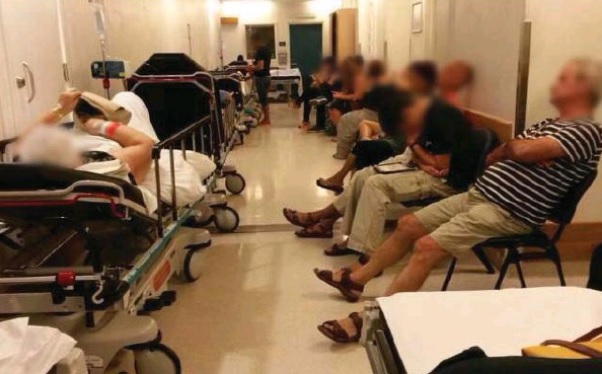
Bed shortage
Meanwhile, overcrowding at Mater Dei has reached unprecedented levels, with hospital beds lining the corridors. Dr Fearne argued that this is not the case; however, photos published by members of the public confirmed it is.
Bed shortage has been escalating for months now, and members of the medical staff have repeatedly insisted the hospital is not keeping up with the flow of patients it is receiving. Patients have had to wait for eight to 12 hours after being seen by a doctor to be given a hospital bed.
Early this year, the health ministry estimated that 400 additional beds are required to handle acute cases. The number was estimated by the ministry, taking into consideration Malta’s ageing population. The number of hospital beds in Malta is much lower than the EU average.
Waiting lists reduced
In May, 3,195 patients were waiting to undergo eye cataract surgery, with the waiting list stretching over two years. The government announced that by 2015, the waiting time would be reduced by four months. A few weeks ago, Dr Fearne said that the waiting list has decreased by 12% over the last four months, with more than 500 more operations being carried out in the first eight months of the year, when compared to the same period last year. Furthermore, the hospital has registered a zero waiting time for angiograms. Prior to April, 320 people were on the waiting list.
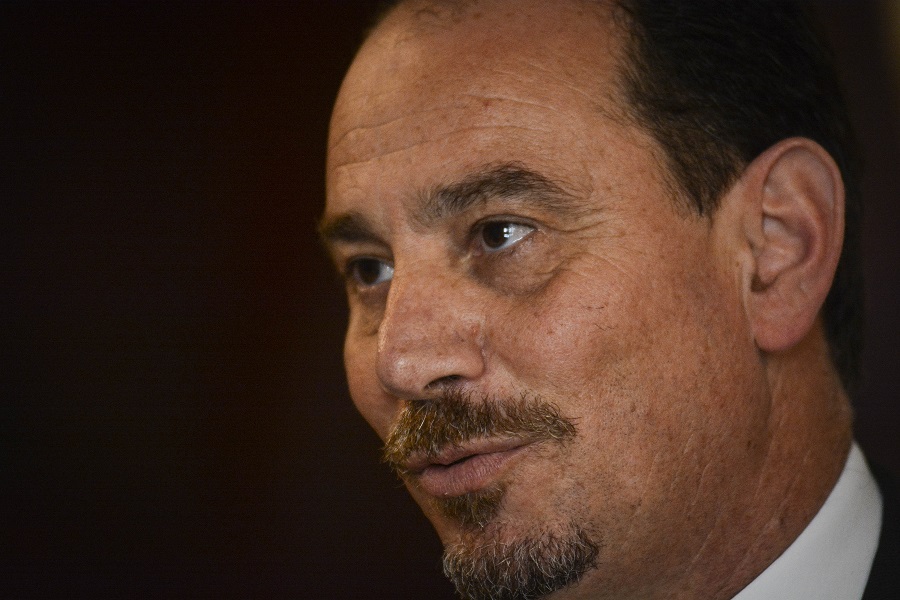
Disappearing emails
In March, former health minister Godfrey Farrugia handed over his resignation to the prime minister. During the reshuffle of the cabinet, Mr Farrugia was offered anther ministry however Dr Farrugia chose to decline the offer. The controversy however surrounded the email the former minister sent to the whole media minutes after handing his resignation. Mysteriously, the email, sent through his government account, disappeared before it reached its intended recipients. IT experts explained that an email pushed over the government’s network could in fact be deleted from the back end of the infrastructure. However to do so, the account needs to be monitored closely. Prior to the divorce referendum, Evarist Bartolo and Jeffrey Pullicino Orlando also expressed suspicions that their phones were being tapped. Interviewed shortly after his resignation, Dr Farrugia expressed that communication between the health ministry and Office of the Prime Minister was ‘terrible’. He made reference to PR officials within the OPM, however did not give any names.

Politicized matters?
During a political activity, pharmacist Denise Ellul made claims of cases of discrimination in the distribution of free medicines under the Pharmacy of Your Choice Scheme. Mrs Ellul claimed that there were cases where medicine arrived for one particular patient, then, two days later, the pharmacists will be informed it is out of stock.
The Chamber of Commerce confirmed it had received reports from a number of pharmacists who alleged such cases, saying that ‘If this is the case then the distribution of medicines has become politicized to unbelievable proportions’. The health ministry initially denied the pharmacist’s claims, only to later contact her for a meeting.
The opposition strongly criticized the government for allowing discrimination between patients and for making distinctions between those close to the Labour Party and those not.
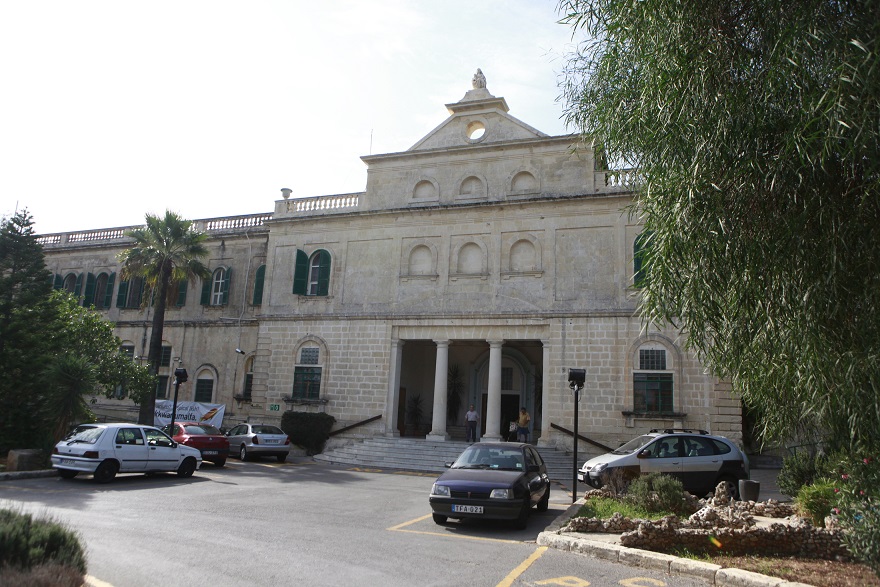
In another case, a report by The Malta Independent revealed that a patient at Mount Carmel Hospital was beaten and force fed pulpetti after he requested that the television station is switched from ONE TV to another station. The incident happened in the run up to the MEP elections in May, at the time when political stations are constantly discussing politics, and it seems the patient was fed up of watching such programmes all day long. His request was met with crude political remarks, and one nurse pushed him on the floor while another force fed him. A board was set up to inquire the report, with 18 persons being interviewed. The report confirmed that the patient was indeed teased over political matters, and also found irregularities in the way injections were administered. The results show that force was used on the patient.
St Luke’s Helipad
In August, a car was left parked on the helipad of St Luke’s hospital, preventing a helicopter carrying a victim from Gozo to Malta. The technical team reached the landing pad at St Luke’s hospital at around 5:40am, where it was established that it could not land due to a car parked illegally. The car was towed away, and at 7:40am the helicopter landed at St Luke’s hospital. The patient died shortly after, however Mater Dei’s CEO explained that the patient’s death would have not been avoided, even if there was no delay, given he was suffering from critical brain haemorrhage. Nonetheless, such incidents should be avoided, and the government ordered a magisterial inquiry, to ensure that those accountable shoulder responsibility.
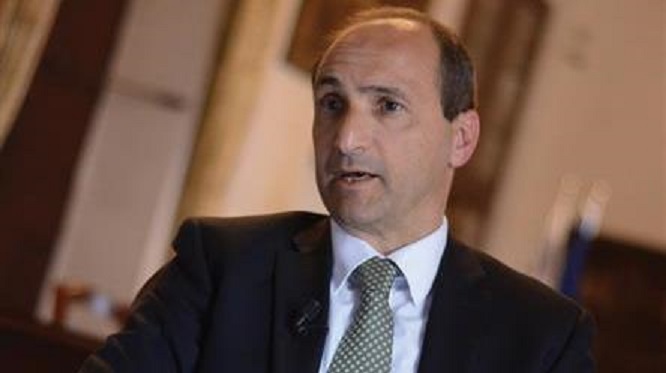
Other incentives
At the end of April, a public-private partnership was launched between the health authorities and St James and Da Vinci hospitals for the provision of MRI services, with the aim of cutting down on waiting lists. The government pays the hospitals directly, and the patient will not be charged.
In February, the government signed a memorandum of understanding with Queen Mary University of London to open a Barts Medical School in Gozo, to help promote Malta’s medical sector internationally. The hospital will also require Maltese hospital staff to teach.
Last year, it was announced that chemotherapy started being offered in Gozo, removing the burden for patients having to travel to Malta for therapy.
Meanwhile, works have continued at the new oncology centre at Mater Dei. However, no date has been announced yet on when it will start functioning. From a constructional aspect, the building is ready, but other infrastructural work is being carried out. The centre will have 82 specialised inpatient oncology beds, 55 more than the number currently at Boffa Hospital. The centre will also have 31 day core beds.
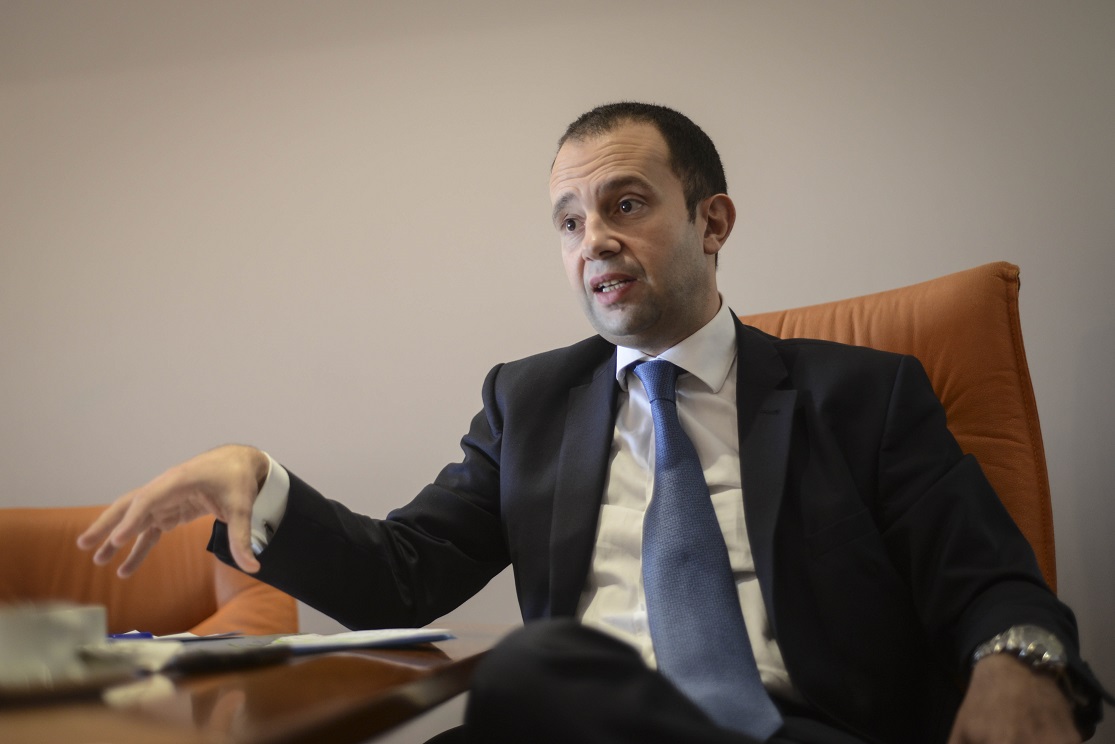
PN Proposals
Last year, Opposition spokesperson Claudio Grech proposed a permanent committee to discuss long term strategic problems in the health sector, such as ageing population, obesity and diabetes. The proposal was approved in Parliament, and the committee includes representatives from both opposition and government representatives.
The PN put forward 14 proposals to be included on the committee’s agenda. This include, evaluating and coming up with ways to deal with industrial actions rocking the health sector, plan for migration from Boffa hospital to the new oncology centre, the creation of an effective treatment for multiple sclerosis treatment, strengthening of the primary health care sector and an action plan to strengthen clinical treatment for drug abuse. In recent months, the PN has urged the government to give importance to community health care, providing Malta’s demographic trends. Strengthening health care centres will also help manage the influx of patients at Mater Dei Hospital.